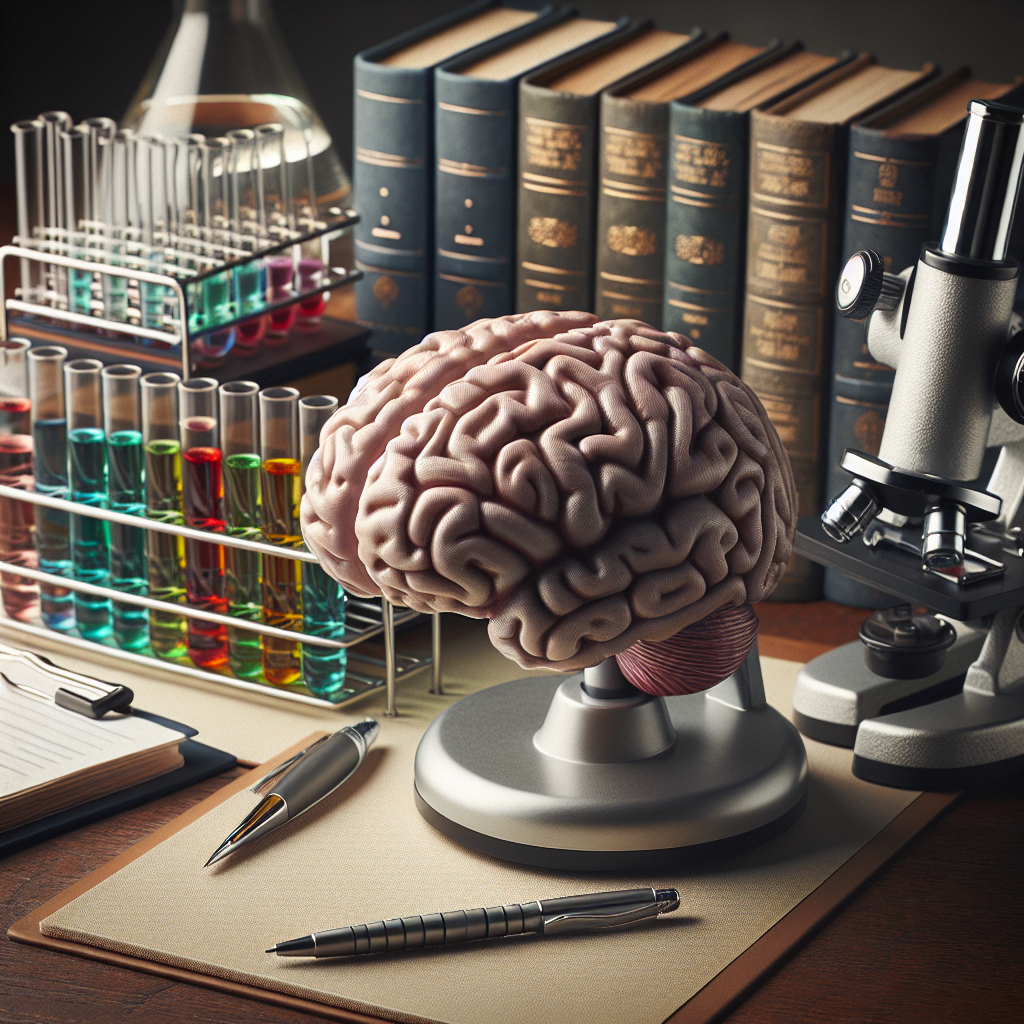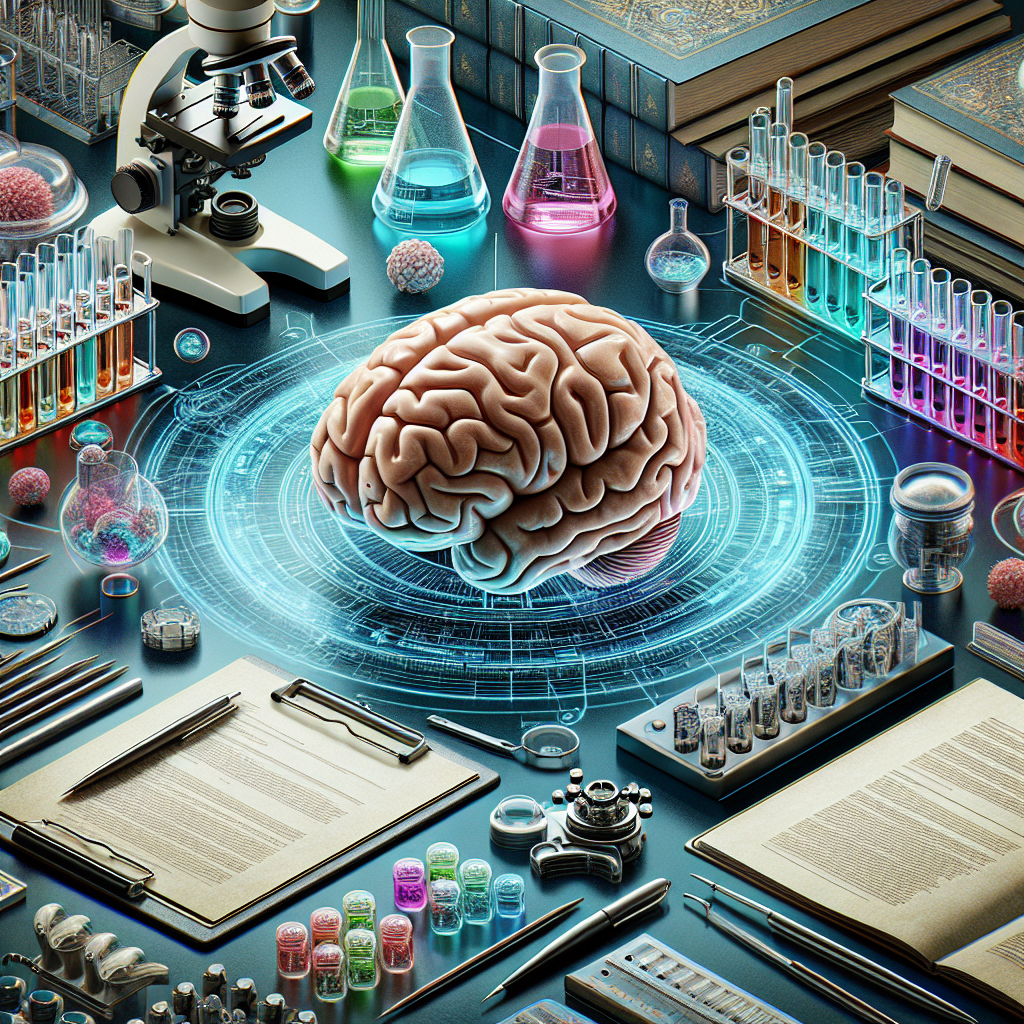What Scientific Research Supports The Effectiveness Of Memory Techniques?
Sweeping you into the realm of synapses, neurons, and fire-lit pathways etched within the cerebral folds of your biological craft, this article ventures into unraveling the empirical evidence bolstering the efficacy of memory techniques. Subtitled “What Scientific Research Supports the effectiveness of memory techniques?”, the article feeds your curiosity with scientific studies and researches, dissects the entropy of forgetfulness, and shows you how wielding tested memory techniques can sharpen mental agility, prop up performance, and gift you new dominion over swathes of boundless knowledge. As you turn a spyglass to the depths of your cognitive universe, prepare to have your understanding of recall mechanisms expanded and illuminated.

Understanding Memory
Imagine being able to recall every piece of information you ever encountered and use it effectively. Memory makes it possible for you to learn from past experiences, build relationships, and create meaning in life.
Basics of Human Memory
Your memory is a complex system that includes several different parts interacting with each other. At the most basic level, memory is the process of encoding, storing, and retrieving information in the brain. It’s the brain’s filing system, storing everything from your childhood memories to what you ate for breakfast this morning.
Short-Term Memory and Long-Term Memory
Memory falls into two categories – short-term and long-term. short-term memory, also referred to as working memory, is like your brain’s scratchpad, storing small amounts of information for a brief period. Long-term memory, on the other hand, is the storage of information over an extended period. From remembering your first kiss to a math rule, it’s long-term memory that’s working.
Processes of Memory: Encoding, Storage, Retrieval
Memory doesn’t happen in a snap; it’s a process. Encoding is the first step, where your brain transforms information into a form that can be stored. The storage stage is where this encoded information is then kept in your brain for later recall. The final step, retrieval, is when you access and bring this stored information to your conscious awareness.
Memory Techniques
There’s a plethora of techniques acquired over time to make this process of memory smoother. Let’s navigate through some of them.
Different Types of Memory Techniques
Memory techniques range from simple tricks like repetition to more complex strategies like mind maps. Often divided into two categories – associative and non-associative, they engage different parts of your brain, helping enhance your ability to remember information.
Concept of Mnemonics
Mnemonics are memory aids used to make information easier to remember. They’re often verbal, like acronyms or rhymes, but they can also be visual. These strategies link new information to what you already know, making it easier to remember.
Visualization and Association Techniques
Visualization and association involve creating a mental image or linking new information to something familiar, making the information more memorable. It’s like using memory hooks to catch and store new information more efficiently.
Scientific Research on Memory Techniques
The science has ample evidence to back the effectiveness of these techniques.
Major Studies in Memory Techniques
Various studies have explored the effectiveness of memory techniques. For example, fMRI studies have shown that mnemonic strategies can alter patterns of brain activity and strengthen neural connections.
Psychological Studies on Memory
From cognitive psychology’s perspective, many studies validate the effectiveness of techniques like visualization, association, and repetitive practice in enhancing memory performance.
Neurological Studies on Memory
Neuroscientific research, too, verifies the potency of these strategies. It’s observed that certain techniques can enhance synaptic plasticity, effectively strengthening the brain’s memory networks.

Effectiveness of Spaced Repetition
One can’t talk about memory techniques without mentioning spaced repetition.
What is Spaced Repetition?
Spaced repetition involves reviewing information at increasing intervals over time. So, instead of cramming, you space out your learning, making it more effective.
Research Supporting Spaced Repetition
Numerous studies champion the effectiveness of spaced repetition. This technique optimizes memory retention by integrating new learning into long-term memory.
Benefits of Spaced Repetition on Memory Retention
In addition to improved memory retention, spaced repetition can foster deeper understanding and application of knowledge. It turns the forgetting curve from a cliff into a gentle slope.
Power of Mind Mapping
Another powerful tool for memory is mind mapping.
Understanding Mind Mapping
A mind map is a visual representation of information, encompassing a central idea and branches representing related topics. It leverages the brain’s predilection for visuals and connections to reinforce memory.
Impact of Mind Mapping on Recall
Research suggests that mind mapping can significantly enhance recall by organizing information in a more brain-friendly way and making it easier to retrieve.
Studies Supporting the Use of Mind Maps
Studies have consistently shown that actively creating mind maps improves recall compared to passively reading or listening to information.
Role of Chunking in Memory Enhancement
Coming to another memory technique – chunking.
Concept and Application of Chunking
Chunking involves breaking down complex information into smaller, manageable groups or ‘chunks’. It’s like organizing a bunch of random objects into categories, making them easier to remember.
Scientific Studies on Chunking
Research shows that chunking can significantly improve memory performance by increasing the capacity and efficiency of short-term memory.
How Chunking Improves Memory
Chunking allows you to store more information in working memory by changing how you interpret this information, enabling you to recall it more efficiently.
Role of Mnemonics in Memory Retention
Mnemonics are more than memory tricks; they’re a way to structure and extract meaning from information.
Understanding Mnemonics
Mnemonics involve encoding information in a way that’s easier to remember. Any method that makes information more meaningful, associative, or familiar can be considered a mnemonic.
Impact of Mnemonics on Memory
Mnemonics can significantly improve recall by providing cues that help in retrieval. It capitalizes on the brain’s ability to connect more readily with meaningful, structured, and familiar information.
Scientific Evidence for Mnemonics
A wealth of evidence supports the use of mnemonic strategies, showing that they can result in dramatically improved performance in recall tasks.
Memory Techniques in Education
Memory techniques have significant implications in the educational domain.
Memory Techniques for Students
Techniques like visualization, repetition, mind maps, or mnemonics can be particularly beneficial for students, making learning more effective and enjoyable.
Effectiveness of Memory Techniques in Learning
Research has consistently shown that incorporating memory techniques into study routines can boost learning outcomes and academic performance.
Scientific Research in Education
Many studies in educational settings validate the effectiveness of these techniques, revealing improvements in retention, recall, and academic performance.
Other Memory Enhancing Techniques
Other strategies can also optimize memory performance.
Role of Exercise and Sleep in Memory
Regular physical exercise and adequate sleep play a vital role in memory function. They help strengthen neural connections, improve brain health, and facilitate the consolidation of new memories.
Nutrition and Memory
Your diet, too, affects memory. Foods rich in antioxidants, Omega-3 fatty acids, and other nutrients can support brain health and enhance memory functions.
Brain-Training Games and Memory Enhancement
Brain-training games can stimulate different parts of the brain, improving cognitive functions and potentially boosting memory performance.
Critiques of Memory Techniques
It’s worth noting that memory techniques also have their critiques.
Potential Downsides of Memory Techniques
Some argue that these techniques can create rigid thinking patterns, reducing creativity and problem-solving capacity. Additionally, they may not be equally effective for everybody, depending on individual learning styles and cognitive abilities.
Contradicting Research Findings
While many studies support the effectiveness of memory techniques, others contradict these findings, suggesting that the benefits may not be as substantial or consistent as often claimed.
Controversies and Concerns about Memory Techniques
Some controversies persist, particularly pertaining to the over-reliance on memory techniques at the expense of deeper understanding and critical thinking skills.
In essence, memory techniques and strategies are tools; they’re not the be-all and end-all of learning and remembering information. Every brain is unique, and thus, what works for one may not work for all. Nonetheless, understanding these techniques and their scientific backing puts you in a better position to choose and apply the strategies that work best for you. Whether it’s visualizing an image, repeating a fact, or creating a mind map, you’re empowering your brain to remember better.

